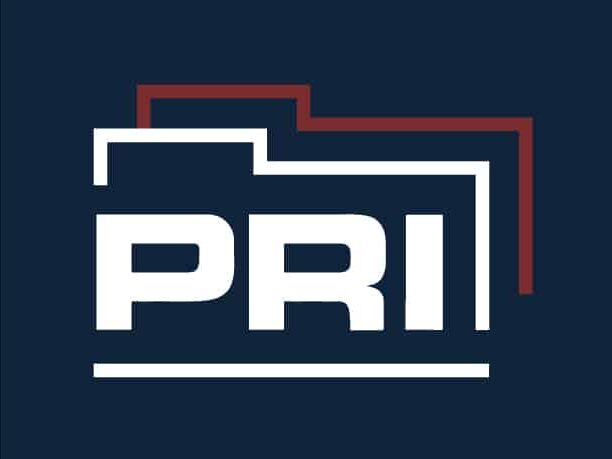Article PDF
March 2024
In a world where people can shop, travel, manage finances, and communicate with each other with a device in the palm of their hand, why do some law enforcement agencies still use paper records? Why does government in general still use fax machines?
Aside from simple resistance to change, the most common reason is a lack of awareness of, or misunderstanding of, the laws which enable government agencies to operate in a digital manner.
Generally speaking there are several bodies of law to research when it comes to electronic records at the local and state level. General state statutes are typically segmented into titles or chapters of laws that govern civil matters, criminal matters, traffic and vehicle matters, real estate, etc. There are also regulatory laws, typically found in a state’s administrative codes, as well as judicial-related procedure, which is codified in yet another body of law, as well as requirements which are set forth by local courts and/or state-level Chief Justices.
Unfortunately, there is fairly often misinterpretation of what these laws say. One recent City Clerk we worked with believed the police department could not purge source documents (records which have been scanned), because they “do not have a system in place that would prevent a scanned document from being deleted or altered so scanned documents are NOT considered a true original”, and cannot be purged. Not only did they have the capability to lock down scanned documents, the law fully allows them to scan and toss. The inconvenient truth in that case revealed the Clerk simply didn’t want to change.
One key law to be aware of is the Uniform Electronic Transactions Act (UETA) and how this Act may help government agencies to transition to a fully digital posture.
The UETA is an Act promulgated by the Uniform Law Commission (ULC). This Act, which has been adopted by 49 states, excluding the State of New York, establishes the legal equivalence of electronic records and signatures with paper writings and manually signed signatures. (1)
So what does this mean? Depending on the specific provisions of the Act enacted, each state’s version of the UETA gives government agencies the authority to comfortably move from paper to electronic records.
About the UETA and ULC
The ULC is a organization of practicing lawyers, judges, legislators, and law professors, who have been appointed by state governments as well as the District of Columbia, Puerto Rico and the U.S. Virgin Islands to research, draft, and promote uniformity between the states on subjects that affect the various state jurisdictions. However, no uniform law is effective until a state legislature adopts it.
-
ULC strengthens legal framework across the nation by providing rules and procedures that are consistent from state to state.
-
ULC statutes are representative of state experience, because the organization is made up of representatives from each state, appointed by state government.
-
ULC keeps state law up-to-date by addressing important and timely legal issues.
-
ULC’s efforts reduce the need for individuals and businesses to deal with different laws as they move and do business in different states.(2)
Accordingly, review your state’s UETA law, and you will find how it allows for the following:
-
Legal authentication of records which have been converted to digital format
-
Digital signatures
-
Admissibility of electronic records as evidence in a court of law
Nonetheless, remember that UETA is not the only law governing records. Government agencies must also follow the requirements in administrative code, state statutes, and local policy.
How PRI Can Help
PRI specializes in government information management consulting, training, and technology. We help mitigate risk, re-engineer processes to enhance efficiency, and achieve compliance.
Since our establishment in 2008, we have been steadfastly dedicated to assisting government with procuring, managing, and implementing information management systems, procedures, and policy, all the while ensuring compliance with the complex landscape of legal and regulatory requirements.
Our web-based public records request management system, GovQuest, allows you to receive, track, assign, and process requests online. Our consulting programs help you implement technology successfully, while controlling vendor’s unnecessary costs.
Contact us for assistance at info@policerecordsmanagement.com or 305-460-0096.
______________________________
(1) https://www.usnews.com/news/best-states/articles/2020-11-03/which-state-has-the-most-regulations

 0 ITEMS
0 ITEMS